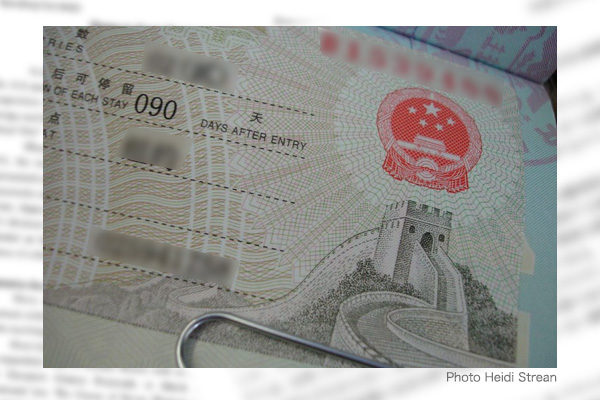At a time when the threat of COVID-19 spread originating from China is growing again, China’s retaliation against Japan’s enhanced border controls is unjustifiable for double reasons. First, China has suspended the issuance of visas to Japanese citizens to counter Japan’s requirement for travelers from China to undergo COVID-19 tests on arrival and present negative test certificates, lacking balance remarkably. Second, the Chinese retaliation targets only Japan and South Korea, failing to cover European countries and the United States that have adopted similar border controls. In response to the Chinese action, Japan should strengthen reciprocity in relations with China to develop a healthier bilateral relationship.
Overreaction to enhanced border controls
As COVID-19 infections have explosively increased in China due to its government’s abolition of zero-COVID policy, it is natural for other governments responsible for their respective citizens’ health and lives to get alert to a new wave of infections.
In fact, 31.5% of travelers from China tested positive for COVID-19 via PCR testing at Inchon Airport in a suburb of Seoul on January 4. At Malpensa Airport in Milan, Italy, 53% of travelers from Beijing and Shanghai tested positive for COVID-19 on December 26. In Japan, the positive rate for travelers from China stood at 8.3% between December 30 and January 5 and 3.4% between January 6 and 12.
The above developments remind us of a nightmare three years ago when as many as five million Chinese citizens apparently traveled abroad, spreading COVID-19 throughout the world. Foreign countries hurriedly took the following measures this time.
Japan has required all travelers from China including non-Chinese citizens to undergo COVID-19 tests upon their arrivals in Japan since December 30. Since January 8, it has obliged them to present negative certificates for COVID-19 dated within 72 hours.
South Korea has suspended tourist visa issuance for Chinese citizens and conducted PCR-testing on arrival since January 2. Since January 5, it has required travelers from China to present negative certificates for COVID-19.
Among European countries, Britain has required travelers from China to present negative certificates. France has obliged them to submit not only negative certificates but also written declarations of the absence of any COVID-19 symptom. Italy, Spain and Germany have decided on similar measures.
The U.S. has also obliged travelers from China to present negative certificates since January 5.
A Japan-U.S. joint statement after a bilateral summit on January 13 called on China “to report adequate transparent epidemiological and viral genomic sequence data regarding the spread of COVID-19.”
Lacking in reciprocity
Commenting on the visa issuance suspension for Japan and South Korea, a Chinese Foreign Ministry spokesman on January 11 claimed that China made an equivalent response based on the reality of discriminatory actions against China. The Japanese government filed a stereotyped protest with China, saying that the visa suspension was “extremely regrettable.” But this is not enough.
Unilateral Chinese actions to distort Japan-China relations arise from the lack of reciprocity. To protect Japanese citizens and develop an equal Japan-China relationship, the Japanese government should suspend the issuance of visas for Chinese citizens in response to the Chinese action. Then, the legislative branch should make a strong determination to realize reciprocity in Japan-China relations. It is time for us to seek reciprocity-based solutions to important issues including Chinese nationals’ acquisition of Japanese land that concerns many Japanese.
Yasushi Tomiyama is a senior research fellow and Planning Committee member at the Japan Institute for National Fundamentals and a former foreign news editor and bureau chief in Washington, D.C., London, and Bangkok for the Jiji Press.


